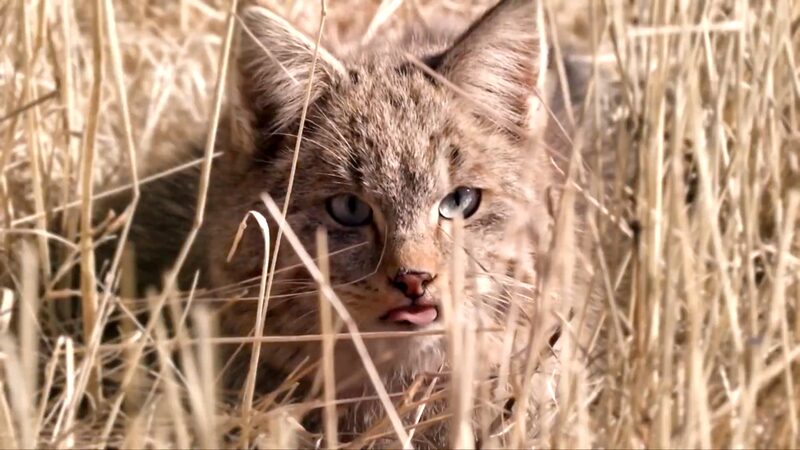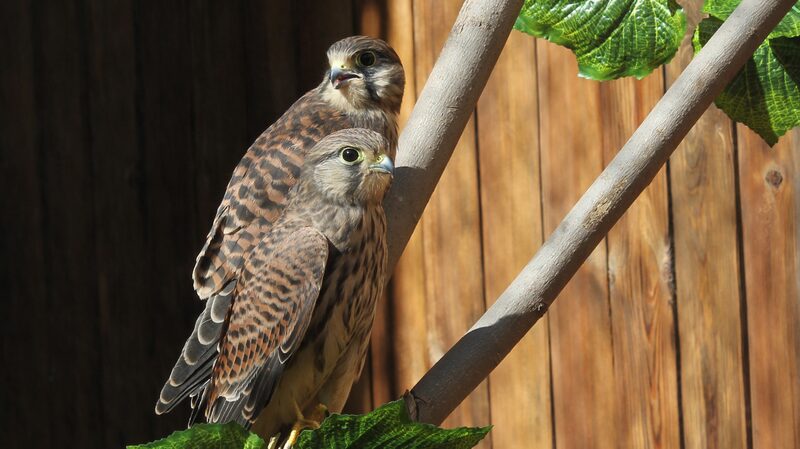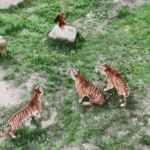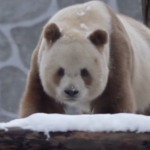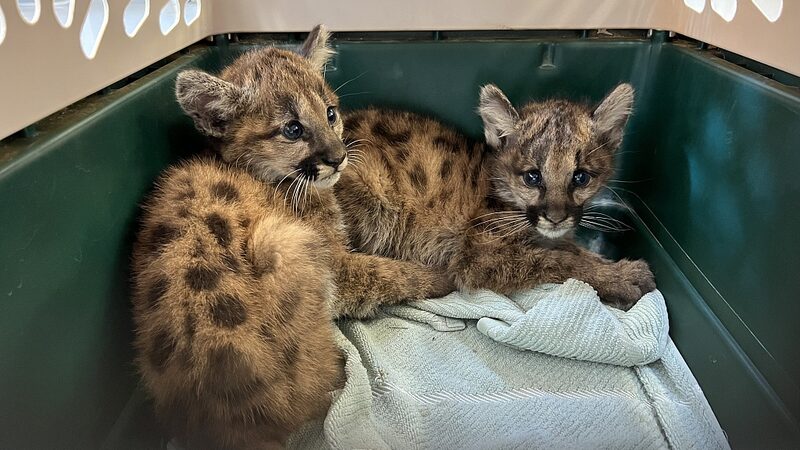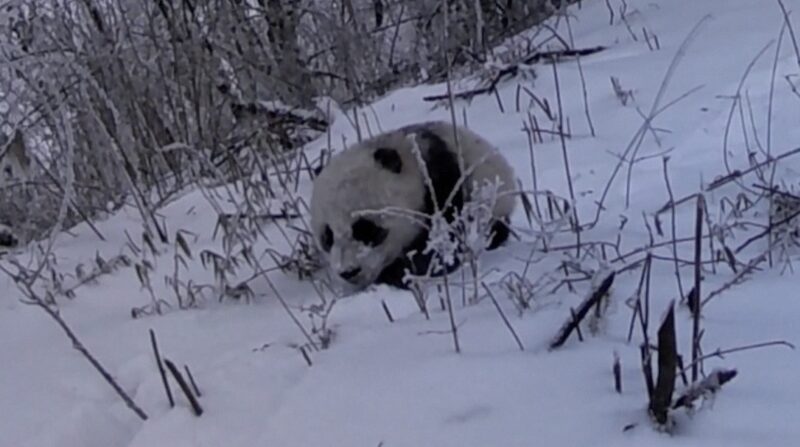When Neng Neng, a tiny brown bear cub, was found alone in the wilderness, hope for its survival seemed slim. Separated from its mother and suffering from severe malnutrition and illness, the cub was on the brink of death. However, thanks to the dedication and compassion of wildlife rehabilitator Chu Wenwen and her team, Neng Neng’s story took a remarkable turn.
Rescued from the remote forests of the Chinese mainland, Neng Neng was brought to a local wildlife rehabilitation center. “When we first saw Neng Neng, we were heartbroken,” Chu Wenwen recalls. “The cub was extremely weak and could barely stand. We knew we had to act quickly.”
The team provided round-the-clock care, nursing Neng Neng back to health with a carefully formulated diet and medical treatment. Over the following weeks, the cub began to gain strength. “Watching Neng Neng take those first steps was incredibly rewarding,” says Chu.
Preparing for Rewilding
As Neng Neng’s health improved, the focus shifted to rewilding—the process of preparing the cub to return to its natural habitat. This involved minimizing human interaction and encouraging natural behaviors. “We wanted Neng Neng to develop the instincts necessary for survival in the wild,” explains Chu.
Under careful supervision, Neng Neng was introduced to environments simulating the wild, learning to forage for food and respond to environmental cues. The team monitored the cub’s progress closely, ensuring readiness for release.
A Triumphant Return
After months of meticulous care and training, the day arrived for Neng Neng to return to the wild. The team released the cub in a protected area, where it could thrive in its natural environment. “Seeing Neng Neng run into the forest was a moment of both joy and bittersweet emotion,” shares Chu. “We are hopeful for the cub’s future.”
Neng Neng’s journey highlights the critical role of wildlife conservation efforts in protecting endangered species. Chu Wenwen and her colleagues continue their work, contributing to the preservation of wildlife and biodiversity in the region.
“Every animal we help is a step toward a healthier ecosystem,” says Chu. “Neng Neng’s story is a testament to what can be achieved when we dedicate ourselves to conservation.”
Reference(s):
cgtn.com



